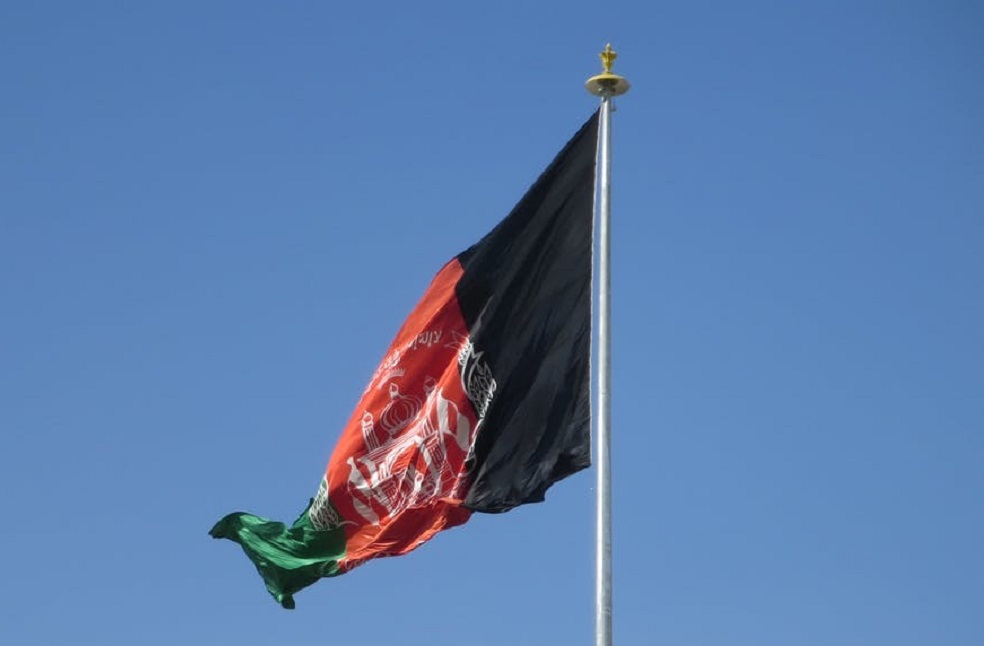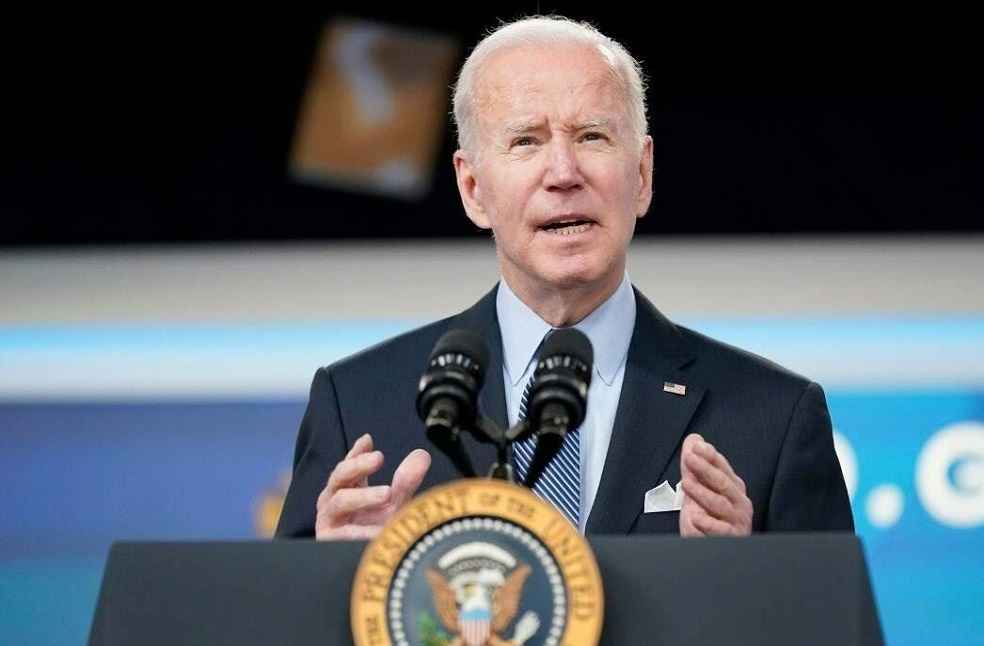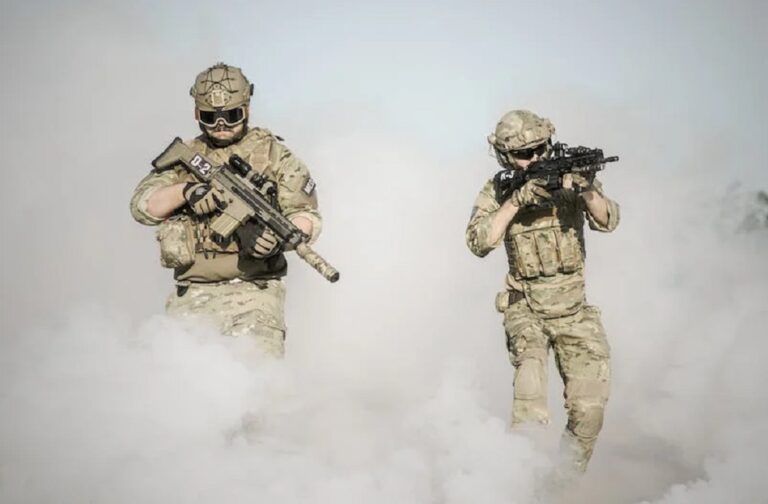United States: A new review has stated that the US State Department failed to sufficiently anticipate the rapid downfall of the Afghan government in 2021. The report adds to the criticism surrounding the chaotic withdrawal of the United States from Afghanistan.
The After Action Review (AAR) lauded the actions of State Department staff, remarking that they worked “heroically” under extreme “stress, demands, and risks,” adding that the department should have better prepared for the fall of the Afghan capital, Kabul.
The internationally backed Afghan government collapsed, and then-President Mr. Ashraf Ghani fled the country in August 2021 as the Taliban took over Kabul amid the withdrawal of US forces.

The AAR report noted that the decision by US President Mr. Joe Biden and his predecessor Mr. Donald Trump to withdraw American forces from Afghanistan had “serious consequences” for the viability of the US-backed Afghan government.
“Those decisions are beyond the scope of this review, but the AAR team found that during both administrations there was insufficient senior-level consideration of worst-case scenarios,” the review observed.
The State Department was criticised in the report for not establishing a crisis-management task force to oversee the Afghan situation and for lacking clear cooperation with the Pentagon during the evacuation. The planning process for the evacuation was hindered due to uncertainty about the State Department’s leadership role.

The review, released three months after the White House report, blamed Trump primarily for the problems leading to the chaotic US withdrawal. The Trump administration was also faulted for neglecting the backlog and other issues in the Special Immigrant Visa programme, which aids Afghans who worked with the US government.
In addition, the report echoed the White House report’s findings that the Trump administration, which authorised the US withdrawal in a February 2020 deal with the Taliban, did not properly plan for the departure of American troops.
“When the Trump administration left office, key questions remained unanswered about how the United States would meet the May 2021 deadline for a full military withdrawal, how the United States could maintain a diplomatic presence in Kabul after that withdrawal, and what might happen to those eligible for the [SIV programme] as well as other at-risk Afghans,” it added.



